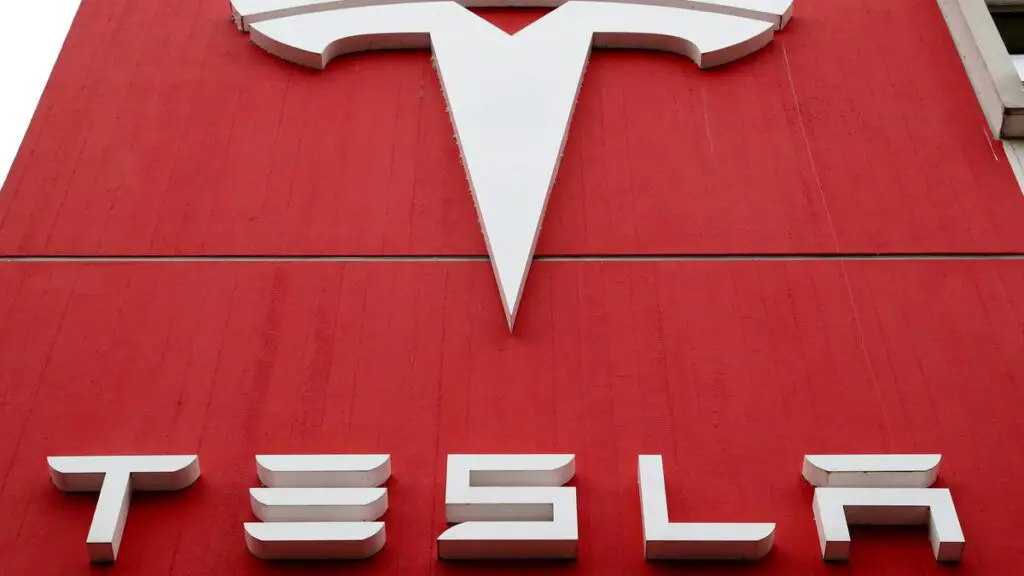Lawsuit Accuses Tesla of False Statements about Autopilot Features
In a recent development, a judge has ruled in favor of Tesla, stating that a group of vehicle owners must pursue their claims of misleading information about Tesla’s Autopilot features through individual arbitration rather than court. This ruling means that Tesla will not have to face class action claims from larger groups of vehicle owners.
The decision, issued by US District Judge Haywood Gilliam in Oakland, California, states that four Tesla owners who filed a proposed class action last year had agreed to arbitrate any legal claims against the company when they accepted its terms and conditions while purchasing vehicles through the Tesla website. It was also ruled that a fifth plaintiff who did not sign an arbitration agreement waited too long to sue, resulting in the dismissal of their claims.
Andrew Kirtley, a lawyer representing some of the plaintiffs, expressed his intention to file thousands of individual arbitration cases on behalf of Tesla customers. He stated, “It is telling that Tesla doesn’t want to defend its marketing practices in public in open court but instead has fought to get as many of these claims as possible sent to private arbitration.”
Allegations of False Statements and Unreliable Technology
The lawsuit against Tesla accuses the company of repeatedly making false statements regarding the capabilities of its advanced driver assistance systems (ADAS) technology. The plaintiffs claim that Tesla indicated that the technology was on the verge of delivering fully self-driving vehicles, leading them to pay thousands of dollars to purchase the optional ADAS technology when they bought Tesla cars between 2017 and 2022.
However, instead of fulfilling its promises, Tesla’s technology allegedly proved unreliable, resulting in accidents, injuries, and even deaths. The plaintiffs argue that the company’s misleading statements regarding the capabilities of its technology have led to significant harm.
Tesla has denied any wrongdoing and has moved to send the claims to arbitration, relying on the plaintiffs’ acceptance of the arbitration agreement. Judge Gilliam rejected the plaintiffs’ claims that the agreements signed by four of them were unenforceable.
A Separate Trial on Autopilot Feature
Interestingly, this ruling comes in the midst of the first U.S. trial over allegations that Tesla’s Autopilot feature led to a death. The plaintiffs in this trial, taking place in a California state court, assert that the Autopilot system caused a Model 3 to veer off a highway near Los Angeles at high speed, resulting in a fatal accident.
Tesla has maintained that the accident was due to driver error and not a fault of the Autopilot feature. This trial raises concerns regarding the safety and reliability of Tesla’s technology, specifically its Autopilot system, and whether it was based on untested experimental technology that should not have been made available to the public.
Conclusion
The recent ruling in favor of Tesla mandates that the group of vehicle owners pursue their claims through individual arbitration, effectively preventing class action claims against the company. This decision brings attention to Tesla’s marketing practices and the accusations of false statements regarding the capabilities of its technology.
As the trial regarding the Autopilot feature unfolds, it remains to be seen whether Tesla’s technology will face further scrutiny and potential legal consequences. In the meantime, the company continues to assert its commitment to safety and innovation.

